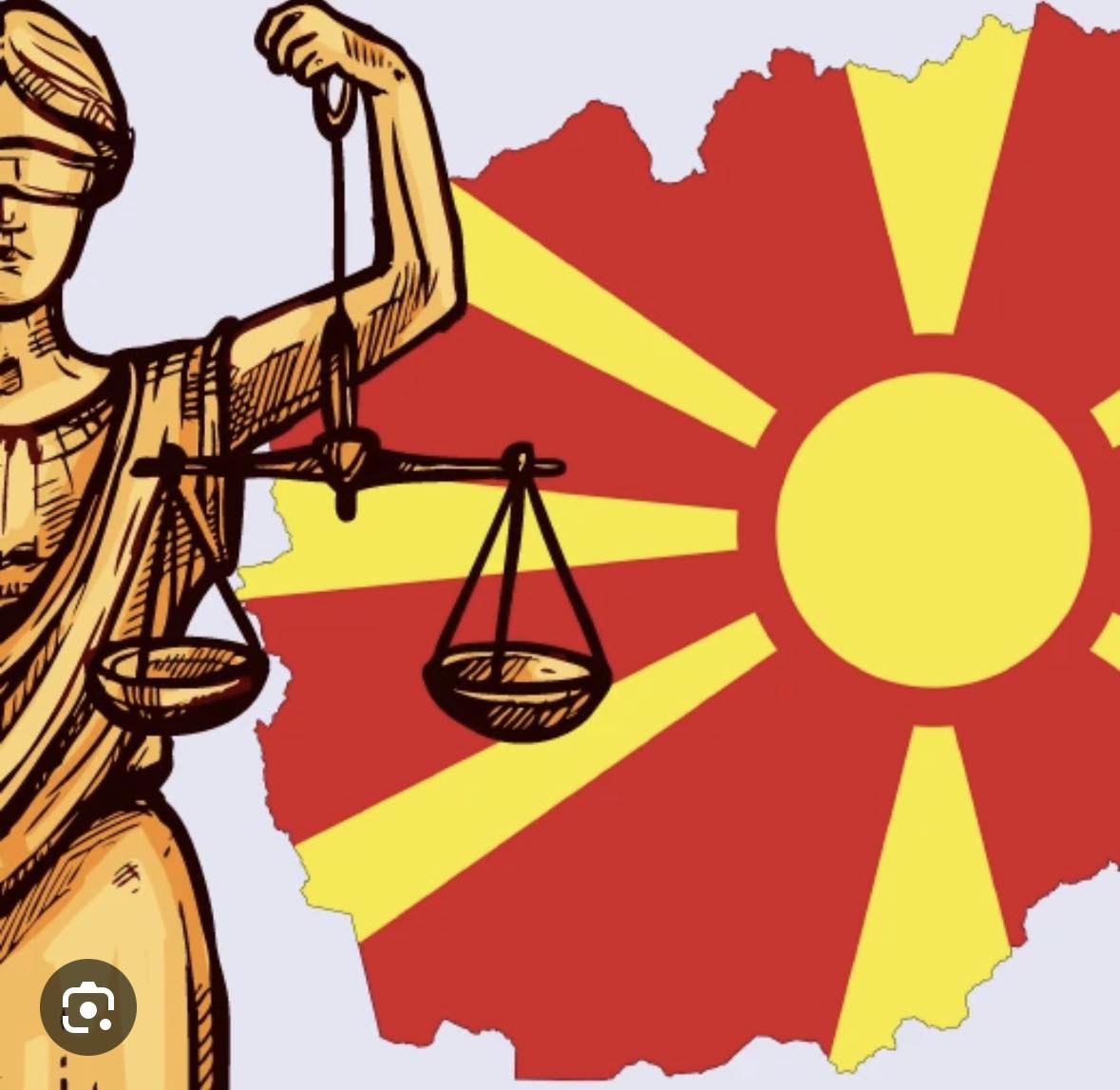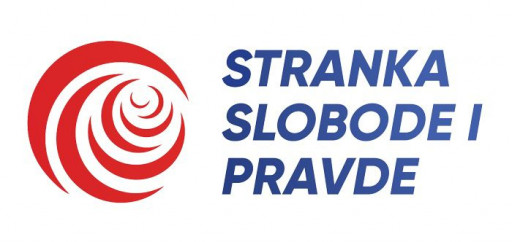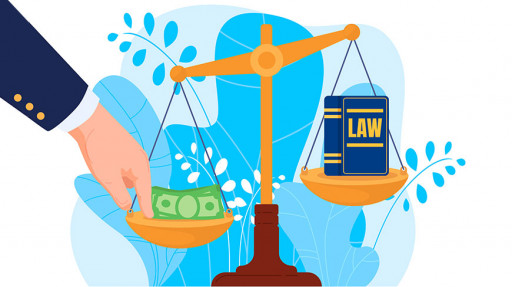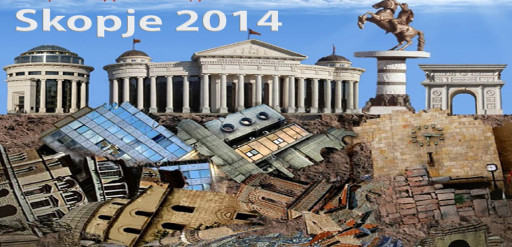What is political corruption?!
When we talk about political corruption, we must expand the horizons of our thinking, that is, to cover all the segments and circumstances through which we allow or miss corruption to become an integral part of the political culture not only in one party, but in the whole country.
Corruption in general, not only in politics, implies much more than the ordinary understanding of the term among the majority of the population, which most often equates this term with taking or giving money as a bribe.
A much larger part of the term "corruption" belongs to the influence that through authority or power concentrated, usually in a certain circle of people, consciously or unconsciously use the position to influence the movement and development of many situations and circumstances in society and the state.
Such influence usually implies manipulation or circumvention of existing legal rules, procedures or principles, and even social and traditional norms.
On the other hand, with such an approach, a large part of the political authorities who somehow build their inviolability, trust and support from the people, directly influence the destruction of the system and the shaking of democratic values in society.
When corruption penetrates the pores of society, the process of its eradication is very difficult, it even seems impossible.
Why is that?!
First of all, because corruption as a phenomenon affects the mindset of people, those who lead and those who need to be led by someone.
When we allow the influence to penetrate so deep and control all, even the basic segments of normal and quality living, then we have a serious problem for real, and its solution can be difficult and long.
Through political corruption, the political authorities, through their power, manage to influence in various areas, such as employment in state institutions, influence in college enrollment, school enrollment, even in kindergarten.
The impact is present in the areas of health and health care, patient care and hospital conditions, safety and security, justice and the rule of law. The influence has its share in the division of social justice and equality, it has an influence in the overall living, in democratic values and freedom.
Practically, influence is omnipresent, and through these different forms of influence, most of the time, political authorities create a mass of people who are submissive to them with a sense of debt towards the authority that "helped" them.
When the political authority installs its own persons, establishes the rules of the game and sets the principles of the rule of corruption, instead of the rule of justice, the mechanism of control is very easy and it is easier to improve. It becomes a practical scheme of "debtor-creditor" relationship, where the political authority quickly comes to fulfill all its demands.
However, the situation is much more serious than it seems, because the influence is a common form of corruption, but it is not the only one.
Namely, very often politicians and public office holders are involved in criminal acts or corrupt deals, and for a large part of them, even though they are not talked about or the cases are not disclosed to the public, we know that they exist.
What was and what is the current situation in the Republic of North Macedonia?!
When we talk about the Republic of North Macedonia, we can say that we are really making positive progress in the fight against crime and corruption in general. As a matter of fact, most of the reports of the European Commission and the countries that follow the progress of the country, give positive evaluations in the area of detection and punishment of crime and corruption, but also of the institutions that are responsible for leading this difficult fight.
When we talk about political corruption, we can say without any modesty that today, in the Republic of North Macedonia, we have a situation in which can be freely talked about everything that happens in the country, freely criticize and freely present opinions on various topics and problems, which are often contrary to the policies pursued by the ruling structure, and at the same time, so that no one is sanctioned, marked as an enemy or otherwise intimidated or tortured.
Unfortunately, until just a few years ago, North Macedonia was a closed country in which political unanimity reigned and in which any opinion different from the opinion of the then government was considered treasonous.
Crime and corruption, especially politics, were practically not talked about.
There was not a single case to investigate a particular situation and not a single court process to prove crime or corruption in a politician or public office holder from the ruling structure, which was not the same case with politicians from the opposition side.
In that not-so-distant period, in North Macedonia, public office holders came to office only if their name was approved by the leadership of the political party that led the government in North Macedonia at that time.
The media, which was completely controlled and directed by the government, marketed news, events and news at the behest of the political party and thus misled the public with information they wanted to hear.
Namely, at that time, there was no public talk about the actions of any holder of public office, about any abuse and about any suspicion of any crime.
Is that normal?!
Of course not!
When in a society, in a country, we do not openly discuss the situations that happen to us every day, and we are witnesses to them, about all political influences and other forms of political corruption, we allow the level of corruption to increase, to hide and such a state to deepen.
Hence, we can come to the conclusion that one of the mechanisms for controlling political corruption is the freedom of the media, their transparency and impartiality in informing the public.
Because the transmission of information is of a particular importance for creating a realistic view of the conditions in which we live, but only if the information shared is accurate, timely and true.
In the last 7 years, the situation regarding freedom of media, freedom of speech and freedom of thought has improved a lot.
The best indicator of the above are all the reports from relevant foreign factors, states and institutions, as well as from the European Commission.
Today, in North Macedonia, it is objectively reported and transparently about the behavior of politicians, public office holders and officials, about all suspicions about their corrupt actions and actions related to other criminal acts.
Also, in addition to the objective reporting through the media, in North Macedonia we have cases in which reports were filed and court judgments passed against officials, holders of public positions from the current governing structure, but also former officials from the previous government.
It is a big step forward in the fight against political corruption, but also corruption in general, because it is of particular importance to prove that before the law and justice, there is no person who can go unpunished for the crime committed.
On the other hand, this strengthens confidence in the judiciary, but also in the system as a whole.
What is a weakness in the entire process of preventing political corruption is the effectuation of the imposed sanctions, that is, the serving of the punishments as prescribed in the law.
All these "concessions" in relation to these persons, who are in fact holders of public offices, leave a stain on the procedure that is conducted against them, on the objectivity of the judicial process and the respect for legal norms.
Hence, it follows that the pillar of control and prevention of political corruption is the rule of law, justice and the rule of law.
Objective and transparent conduct of court proceedings, respecting the freedom and equality of the parties in the proceedings, but also appropriately imposed criminal sanctions in accordance with the law and their correct, timely and appropriate execution in terms of the duration and the institution where the punishment should be carried out.
Improved, but not perfect!
Unfortunately, no matter how much the situation has improved, in the Republic of North Macedonia, but also in the countries of the region, we witness that politicians and persons holding public offices are often involved in criminal acts or corrupt deals.
Namely, for a large part of them, although we don't talk about them or the cases are not disclosed to the public, we know that they exist.
In the part of political corruption through taking or giving money, or rather bribery or taking bribes, several people are usually involved who, through their "alliance", have an elaborate scheme for the course of events and the circulation of money. This form of corruption is more complex and serious, because it covers a whole plethora of crimes, for which there are appropriate legal punishments.
What often happens, and at the same time disappoints most of the public, undecided citizens, members of a certain political structure, and above all the young, is the system of impunity and amnesty for politicians and public office holders.
What should be done?!
Political corruption is definitely a phenomenon for which concrete, practical and pragmatic measures and activities must be taken.
When we talk about what needs to be done, that is, what mechanisms can be used to prevent the political corruption that obviously exists in the Republic of North Macedonia, we should first look for the answer internally, in the political parties themselves.
It was stated above that the freedom of the media, their transparency and impartiality in informing the public, as well as the rule of law, justice and the rule of law are detected as important mechanisms for preventing political corruption.
In addition, every political party should show awareness and capacity to deal with corruption within its ranks and among its members. This means that each political party should have provisions that will be provided in their statute or other internal act, which will regulate political corruption and determine the procedure in case of suspicion of corruption among members the party, or holder of public or party office.
Furthermore, if the member of the political party who is suspected of political corruption is a party office holder, the performance of his office should be put on hold until it is proven whether there is political corruption, and if he is a public office holder to be dismissed from the position he holds immediately after the proof of political corruption.
In the event that political corruption is established among any member of a political party, he can never be elected as a public or party office holder.
One of the mechanisms that would prevent corruption is the public shaming of politicians, persons holding public positions, who abused their position and power and committed a corrupt act.
This means that the politicians should be publicly called by name and the public should be aware of their actions.
Public shame should return to all spheres of social life, because only then will people, ie politicians, try to protect their integrity, honor and reputation.
In the event that political corruption is established among any member of a political party, he can never be elected as a public or party office holder.
Such provisions, in the internal acts of the political party, according to which a member of a political party who has been proven to be politically corrupt cannot be elected as a public or party office holder, should be reflected in the Code of Ethical Behavior of the members of The government and other officials, which is the valid regulation in North Macedonia.
In addition, it is necessary for corrupt politicians to have special provisions with prescribed sanctions for each action individually and to apply them accordingly.
On the other hand, in order to prevent political corruption, it is very important to arrange the way of financing the political party, its regular operation, but also the financing during the election campaign. The biggest corruption in a political party, perhaps, happens precisely through funding and donations.
The finances and donations of the political party is a completely different complex issue, which is governed by special rules and procedures, but, in order to prevent political corruption through financing and donations, the transparency of the political party, about the source of the funds, the amount is of particular importance. of finances, the method of spending the funds, a list of donors and the amount of funds transferred to the party's account, etc.
For all this, in North Macedonia, in accordance with the applicable legal regulations, there are appropriate, special tables and forms that are filled in and forwarded to The State Audit Office and the State Commission for the Prevention of Corruption, as competent institutions for this issue, are also published on the websites of the institutions.
Also, it is of particular importance to publish the names of the donors, and especially of the companies and legal entities that, in the future, can apply for public procurement procedures in institutions that are led by politicians of the political party in which they are donors of financial assets. . Finding an appropriate solution to control this phenomenon is extremely important.
Political parties must also use their websites to increase the level of transparency and in such a way to easily, quickly and efficiently inform their members and sympathizers about all the important situations that happen inside the party, about the decisions that are made. and the activities that are undertaken.
The same should be practiced by the Government and all institutions, which through the use of web pages and social media, will achieve direct communication with citizens.







